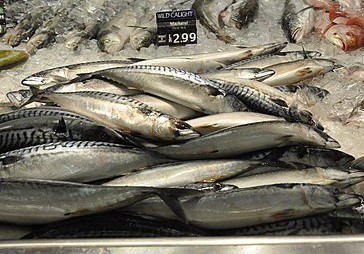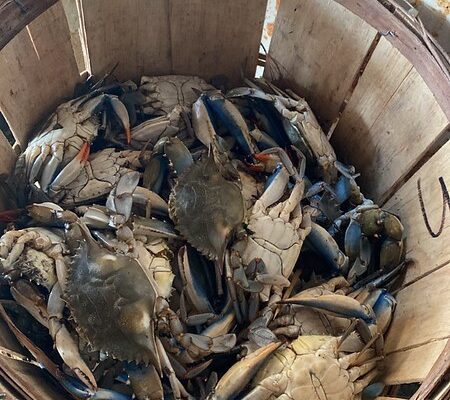Seafood fraud is prevalent in the United States, according to a new investigation that found 20 percent of the fish tested by researchers were mislabeled.
A nationwide investigation by ocean conservation group Oceana tested more than 400 seafood samples from 250 locations, including restaurants, small markets, and big chain grocery stores. Oceana found one in five of the fish were mislabeled, and an even-larger one in three businesses sold mislabeled seafood.
Oceana tested popular seafood between March and August 2018. It found that the most frequent mislabeling turned up at restaurants and small markets (26 percent and 24 percent, respectively), while only 12 percent was mislabeled at larger grocery store chains. The investigation uncovered imported seafood being sold as regional favorites, leading customers to believe the seafood was local. It also found vulnerable species mislabeled as more abundant species. And some fish was also given generic labels like “sea bass” and “catfish” which Oceana says disguises lower-value species or masks health and conservation risks.
The investigation cites several examples in the Bay region. Here’s one report excerpt:
“Two samples from different restaurants in Washington, D.C. were labeled as “royal sea bass”(a name that does not exist in the FDA Seafood List), but were found to be meagre (Argyrosomus regius), a type of croaker.”
At a Lewes, Delaware restaurant, channel catfish was incorrectly labeled as being from the Chesapeake Bay. At a market in the same town, fish sold as southern flounder was really sole. In Norfolk, “summer flounder” actually turned out to be halibut from the Indian Ocean. Other regional swaps included Atlantic halibut for Pacific halibut and Spanish mackerel for Atlantic mackerel. In Virginia Beach, a package labeled “lobster” was, more specifically, Caribbean spiny lobster.
There is a “BUT”— this investigation counted “rockfish” as a mislabeled name for striped bass, even though investigators acknowledge it’s a commonly accepted term for striped bass on the East Coast.
The investigation honed in on seafood that isn’t included under the current federal traceability program. Oceana wanted to show the federal government’s Seafood Import Monitoring Program isn’t broad enough. Oceana says it “only applies to 13 types of imported fish and only traces them from the boat to the U.S. border.”
The nonprofit says seafood should be traced directly to the consumers who will buy and eat it.
“It’s clear that seafood fraud continues to be a problem in the U.S., and our government needs to do more to tackle this once and for all,” said Beth Lowell, Oceana’s deputy vice president of U.S. campaigns. “Seafood fraud ultimately deceives consumers who fall victim to a bait and switch, disguises conservation and health risks, and hurts honest fishermen and seafood businesses. Seafood traceability—from boat to plate—is critical to ensure that all seafood sold in the U.S. is safe, legally caught and honestly labeled.”
To read the full report, click here.
-Meg Walburn Viviano



